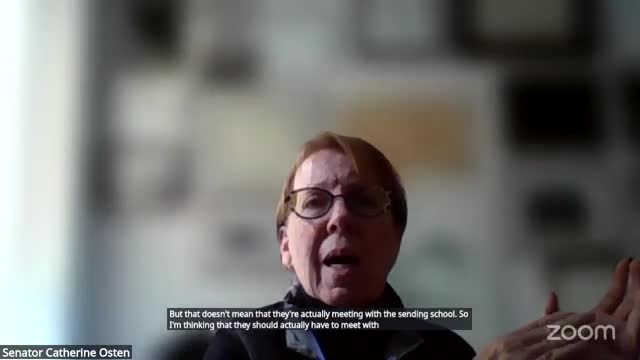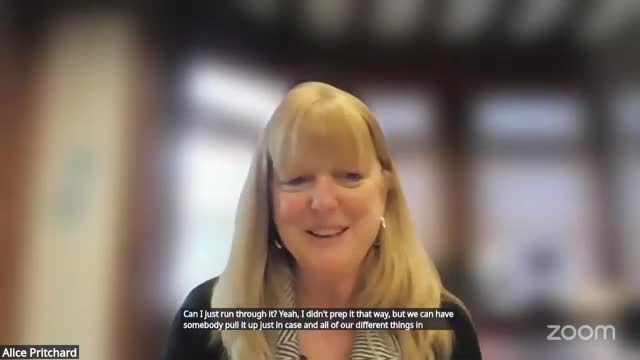Article not found
This article is no longer available. But don't worry—we've gathered other articles that discuss the same topic.

Board warns adding nongovernmental groups like CIAC/CAS risks TRS tax‑qualified status; Hamden Children's Center slated for sunset in bill

Retirement board says proposed cut to state subsidy won’t immediately affect retired teachers but will draw on health fund

State Library seeks inventory, staffing funds as museum cataloguing and accessibility work continues; advocates press for deaf/blind access

